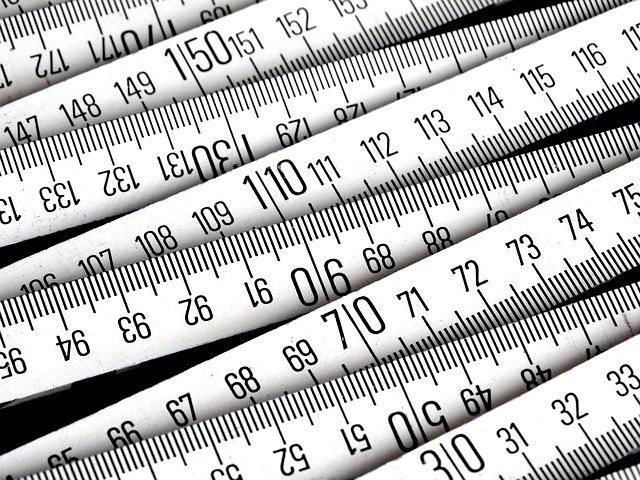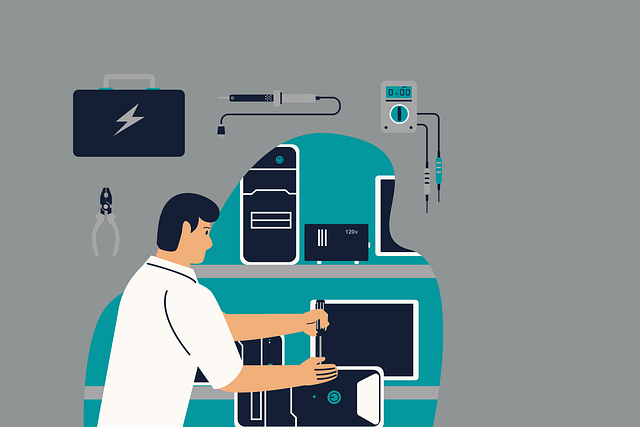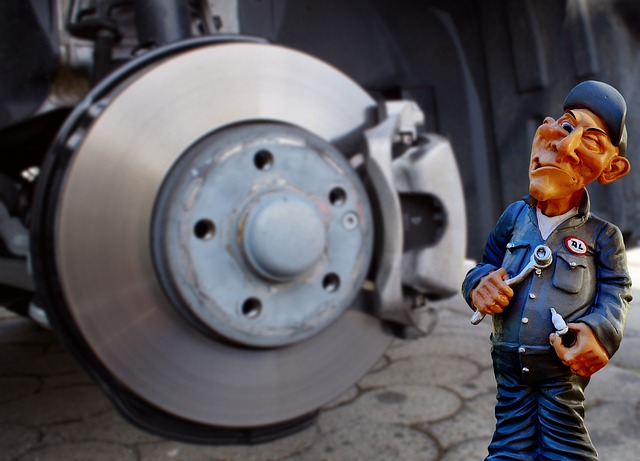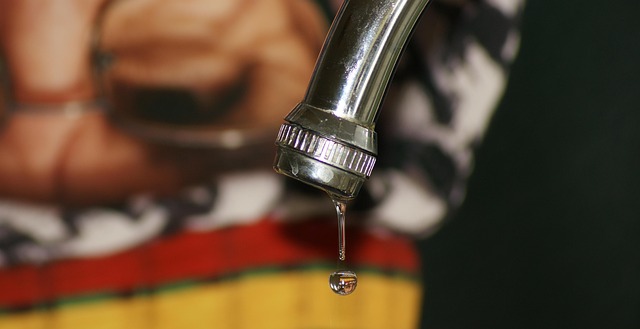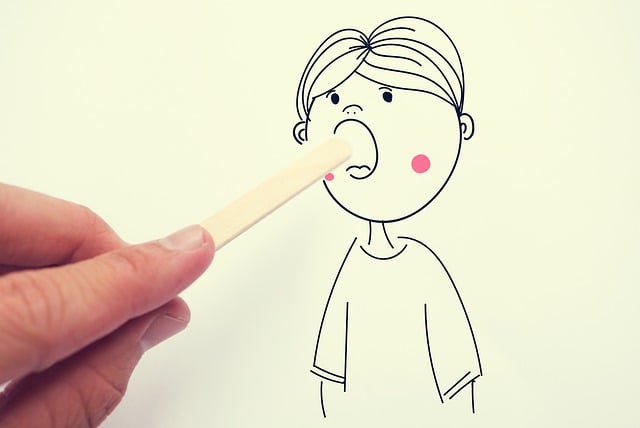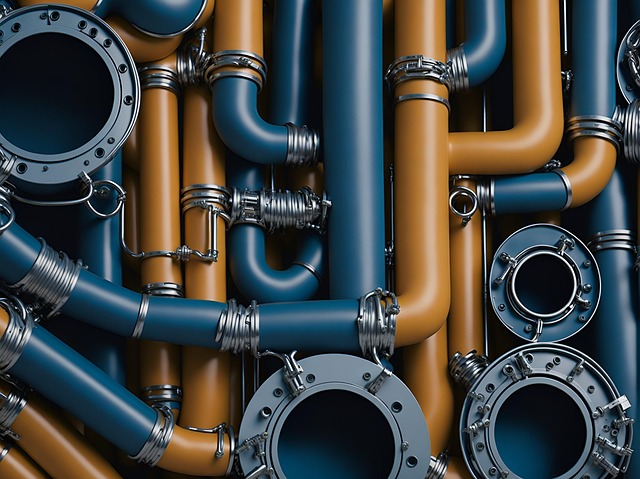Regular plumbing maintenance, focusing on preventive measures like drain inspections, water pressure management, and sediment removal, is key to avoiding costly blockages. Homeowners should adopt plumbing maintenance tips, including prompt debris removal, using catchers, maintaining water pressure, scheduling professional cleaning, replacing old fixtures, and regularly inspecting pipes for leaks. These strategies prevent damage, ensure smooth drainage, and extend the lifespan of plumbing systems by minimizing sediment buildup, leak issues, and fixture wear.
Maintaining clean drains is essential for any homeowner to prevent costly blockages. This comprehensive guide explores the root causes of drain clogs and offers effective strategies for prevention. From understanding common culprits like hair, grease, and foreign objects to implementing proactive plumbing maintenance tips, regular inspections, and optimizing water pressure, we provide a step-by-step approach to keeping your drains clear. Additionally, learn when sediment removal techniques may be necessary and when fixture replacement is the best course of action for long-term leak prevention.
- Understanding Drain Blockages: Common Causes and Prevention Strategies
- Plumbing Maintenance Tips for Homeowners: A Proactive Approach
- The Role of Regular Drain Inspections in Keeping Your Pipes Clear
- Water Pressure Management: Optimizing Flow and Preventing Clogged Drains
- Effective Sediment Removal Techniques and When to Consider Fixture Replacement
Understanding Drain Blockages: Common Causes and Prevention Strategies
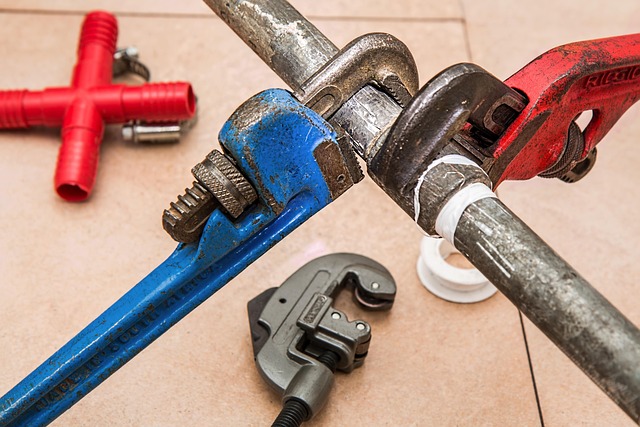
Drain blockages are a common household issue that can cause significant inconvenience and potential damage if left unattended. Understanding the causes behind these obstructions is the first step in preventing them. One of the primary culprits is debris buildup, which often includes hair, grease, food particles, and other household waste. Regular inspections and prompt removal of these substances are key to maintaining unclogged drains.
Implementing simple plumbing maintenance tips such as covering drain openings when not in use and using catchers or filters on fixtures can trap large debris. Additionally, maintaining optimal water pressure ensures that smaller particles don’t settle and form clogs. Scheduling periodic professional cleaning services is also advisable, focusing on sediment removal and leak prevention. In cases where fixtures are old or frequently clogged, considering fixture replacement might be the best long-term solution to prevent blockages and ensure smooth drainage.
Plumbing Maintenance Tips for Homeowners: A Proactive Approach

As homeowners, taking a proactive approach to plumbing maintenance is key to avoiding costly and inconvenient blockages and leaks. Regular inspections should be a top priority; checking for any signs of damage, corrosion, or unusual noises can help identify potential issues early on. One effective strategy is to schedule periodic cleaning of drains to remove built-up sediment and debris that can cause clogs. Additionally, maintaining optimal water pressure ensures efficient drainage and prevents excessive strain on pipes.
Beyond drain and pressure maintenance, staying vigilant about leak prevention is crucial. Even small drips over time can lead to significant water waste and structural damage. Regularly checking for leaks under sinks, in the basement, or along pipes is essential. When fixtures show signs of wear or become inefficient, prompt replacement can save money and avoid further complications. Implementing these plumbing maintenance tips will not only keep your home’s plumbing system running smoothly but also help to extend its lifespan.
The Role of Regular Drain Inspections in Keeping Your Pipes Clear
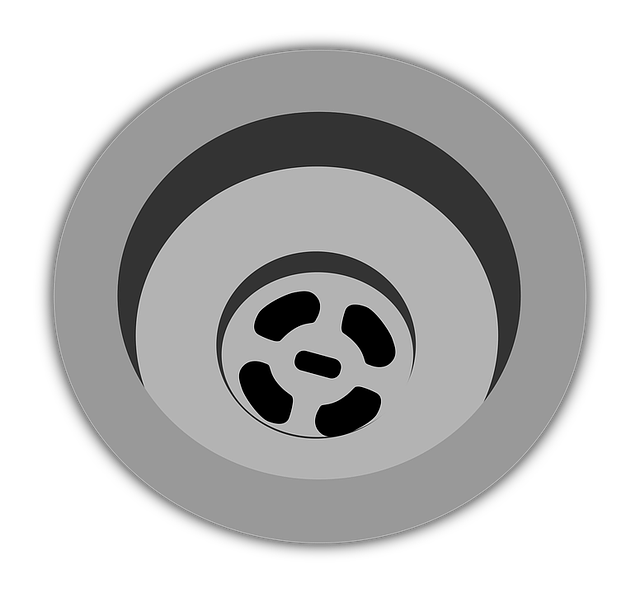
Regular drain inspections are an essential aspect of responsible plumbing maintenance tips. By scheduling routine check-ups, homeowners can prevent potential blockages and costly repairs. Skilled plumbers can identify early signs of issues, such as slow drainage or peculiar water pressure fluctuations, which may indicate clogs or leaks beneath the surface. Preventative measures like these not only save money but also ensure your pipes remain clear and efficient.
During these inspections, professionals employ various techniques to remove stubborn sediment buildup and inspect for any worn-out fixtures that might need replacement. Timely leak prevention is crucial, as it stops water wastage and potential damage to your property. Regular care can also lengthen the lifespan of plumbing systems, making them more responsive in case of unforeseen problems.
Water Pressure Management: Optimizing Flow and Preventing Clogged Drains
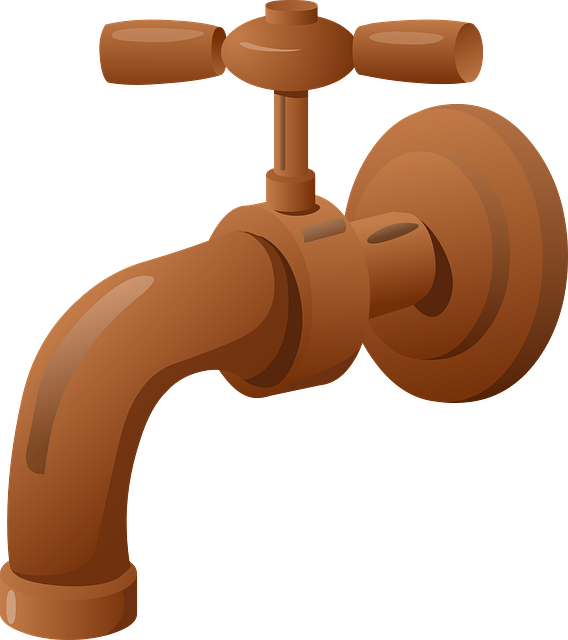
Maintaining optimal water pressure is a key aspect of clean drain management and preventing blockages. High water pressure can force its way through even small openings, causing pipes to corrode or fixtures to fail, ultimately leading to costly repairs and clogs. Regular inspections should be conducted to monitor water pressure levels and identify any leaks. Plumbing maintenance tips include regularly cleaning out sediment buildup in drains and pipes, as well as promptly replacing outdated or damaged fixtures that may restrict water flow.
By combining regular inspections with effective leak prevention strategies, homeowners can optimize their water pressure, ensuring a steady and unobstructed flow through the plumbing system. This proactive approach to plumbing maintenance not only prevents blockages but also extends the lifespan of crucial fixtures and pipes, saving time, money, and potential headaches in the long run.
Effective Sediment Removal Techniques and When to Consider Fixture Replacement
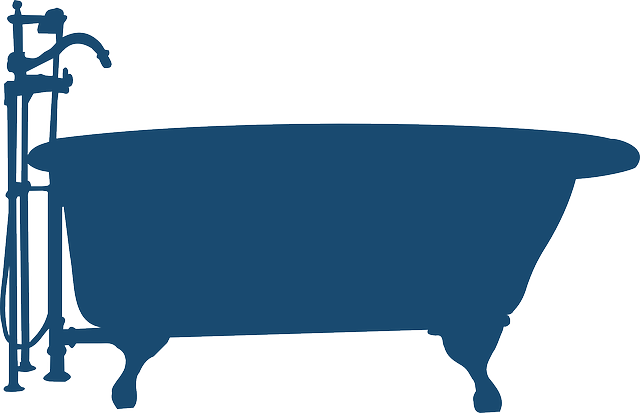
Regular plumbing maintenance tips include performing regular inspections to identify potential issues early on. One key area to focus on is sediment removal. Over time, drains can accumulate debris like hair, grease, and mineral deposits, leading to blockages and reduced water flow. Implementing effective sediment removal techniques is essential for maintaining optimal drainage systems. This can involve using specialized tools or enzymes designed to break down buildup without causing damage.
When sediment removal becomes insufficient, it might be time to consider fixture replacement. Old or damaged drains and fixtures are more prone to clogs and leaks, which can not only disrupt water pressure but also lead to costly repairs. Leak prevention is another crucial aspect of plumbing maintenance, as even small drips over time can result in significant water waste and damage. Regular checks for any signs of leakage around fixtures should be part of every homeowner’s routine, along with promptly addressing any issues to avoid more extensive work down the line.







